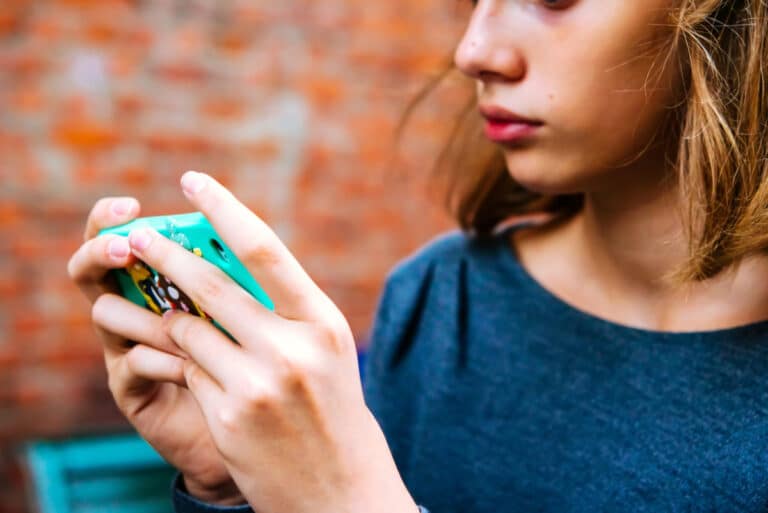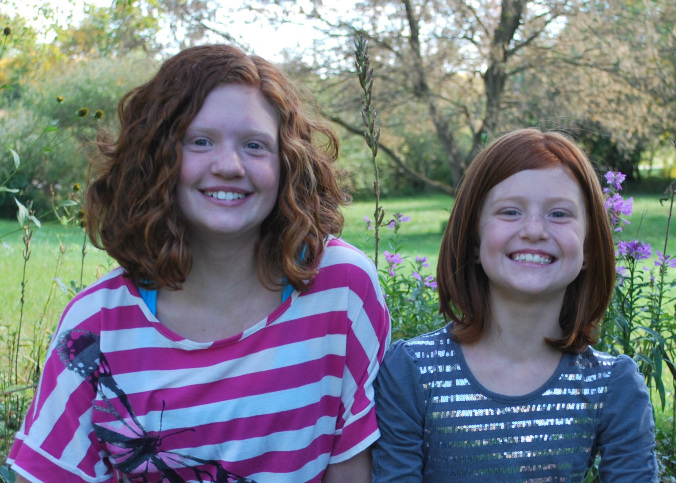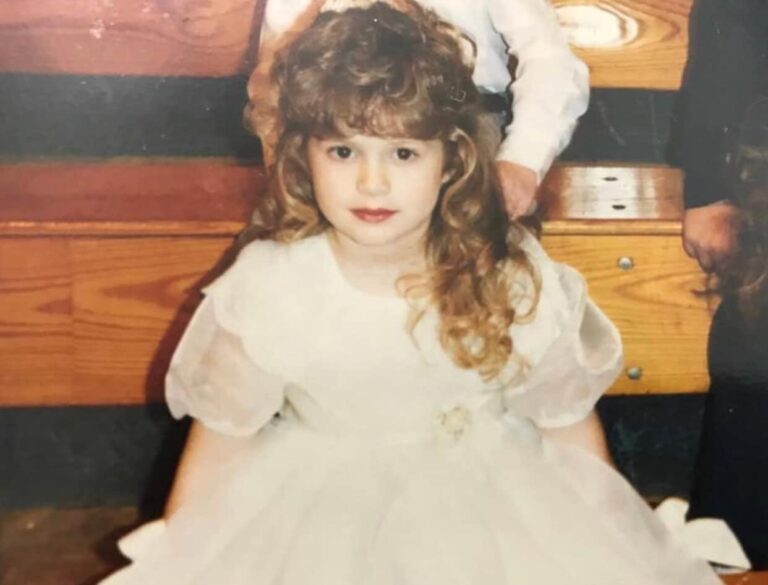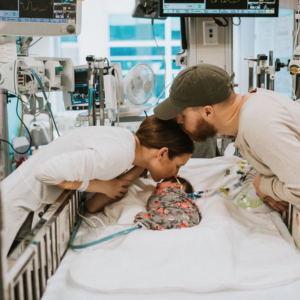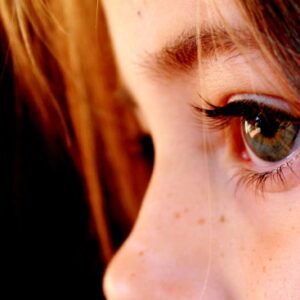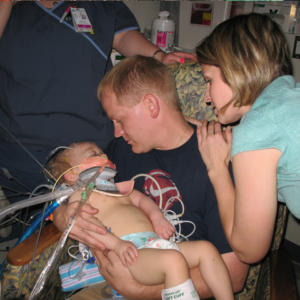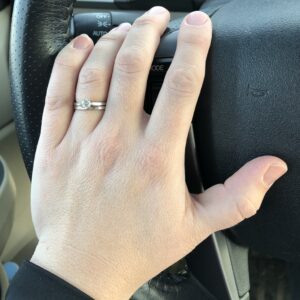January is Human Trafficking Awareness Month, so let’s get familiar with what human trafficking actually is and how you can help raise awareness about this heinous crime. Unfortunately, most likely human trafficking is happening in your community. Human trafficking includes forced labor and sexual exploitation; it can target any vulnerable child or adult.
Human trafficking occurs at the intersection of many vulnerabilities. Understanding risk factors helps prevent and identify human trafficking survivors. According to the Polaris Project, which operates the U.S. National Human Trafficking Hotline, known vulnerabilities may be recent relocation, substance use, mental health concerns, involvement with the child welfare system, and being a runaway or homeless youth.
Know the facts so you can help to recognize real-life trafficking situations and then support victims to get help.
Don’t believe sensational stories and conspiracy theories. Human trafficking is a crime and the needs of survivors are very real. Propagating myths is a disservice to survivors. Common myths are that human trafficking often involves kidnapping, that it’s happening somewhere else, and that sex trafficking is the only form of human trafficking.
Human trafficking often involves psychological coercion in which the victim may have formed a trauma bond with the trafficker. Human traffickers oftentimes know their victims. Grooming can be defined as the process that an abuser uses to desensitize their victim – to make the victim less likely to reject or report abusive behavior. Some traffickers force sex trafficking victims to become addicted to drugs and use addiction to keep victims in sex trafficking and forced criminality. This can complicate the difficulty some survivors face when it is time to leave the trafficker.
“Human trafficking happens everywhere, even in the United States. Victims can be U.S. citizens or of any nationality, age, socioeconomic status, or gender,” according to the U.S. Department of Homeland Security Blue Campaign.
Although we may often hear about sex trafficking, globally, 74 percent of trafficking survivors have been trafficked for forced labor and services, and 17 percent of trafficking survivors have been trafficked for sexual exploitation (IOM UN Migration). The Office for Victims of Crime states that human trafficking is believed to be one of the fastest-growing illicit industries in the world. For reliable national statistics visit Polaris Project, but always be mindful of statistics. The core issue of human trafficking is to support survivors by addressing the vulnerabilities that pervade our society and make victims more vulnerable to being trafficked.
What can you do?
Survivors are the experts on how trafficking happens, and local organizations are working every day to combat trafficking. Human trafficking needs to be addressed with a holistic approach; it is a crime, a public health issue, and a violation of human rights.
Address The Needs of Survivors
Housing and transportation are costly basic needs that many survivors don’t have access to. Support the relocation of victims/survivors to safe-havens. Donate emergency care kits: toiletries, clothing, food, and other basic necessities. Gift cards are an empowering way to support survivors. Support organizations that work to empower survivors through counseling, advocacy, crisis intervention, and case management like Empowerment Collaborative of Long Island ((ECLI). In Suffolk County, ECLI works in collaboration with local law enforcement: Suffolk County Police Department Human Trafficking Investigations Unit. The SCPD Human Trafficking Unit is dedicated to providing victims of trafficking with support and services to remove them from human trafficking situations and bring traffickers to justice. Seek out organizations that work together to meet all of the needs of survivors and better address human trafficking in communities.
Shift Your Cultural Lens
Don’t glorify pimps and pimp culture. Raise awareness about human trafficking by taking responsibility for the language you use. Use the terms victim/survivor not prostitute, and use the term trafficker instead of pimp. By accurately naming human trafficking situations we are helping to raise awareness and support survivors.
Prevention is the key to combatting human trafficking. The CDC explains that adverse childhood experiences are potentially traumatic events that occur in childhood. These experiences have profound effects on physical and mental health in adulthood. Human trafficking must be addressed from a trauma-informed approach because many survivors often experience trauma as children and as victims of human trafficking.
Focus On Prevention In Your Home By Teaching Your Children Internet Safety
Be aware of certain terms; if you hear terms like branding (a tattoo or carving on a victim that indicates ownership by a trafficker), daddy (the term a pimp will often require his victim to call him), or the game or the life (refers to a subculture of prostitution), or others, these may be indicators of trafficking.
Find out what your local politicians are doing to support bills that promote the human rights of human trafficking survivors. Seek out advocacy organizations like ATEST Alliance to End Slavery & Trafficking and learn more.
If you see a situation of potential forced labor or sexual exploitation, report it to the National Human Trafficking Hotline by calling 1-888-373-7888 or texting 233733.
Local to Suffolk County, NY, call 1-800-220-TIPS. For emergencies call 911. If you would like to join efforts to end human trafficking, volunteer or donate to local community organizations already in the fight like Empowerment Collaborative of Long Island @empowerli.
Visit https://linktr.ee/
Originally published on Scary Mommy

If you liked this, you'll love our book, SO GOD MADE A MOTHER available now!
Order NowCheck out our new Keepsake Companion Journal that pairs with our So God Made a Mother book!
Order Now

